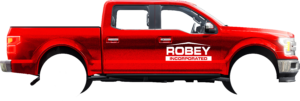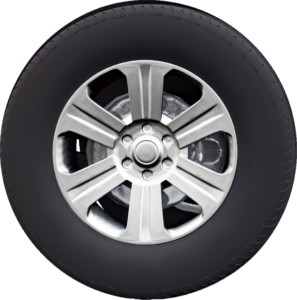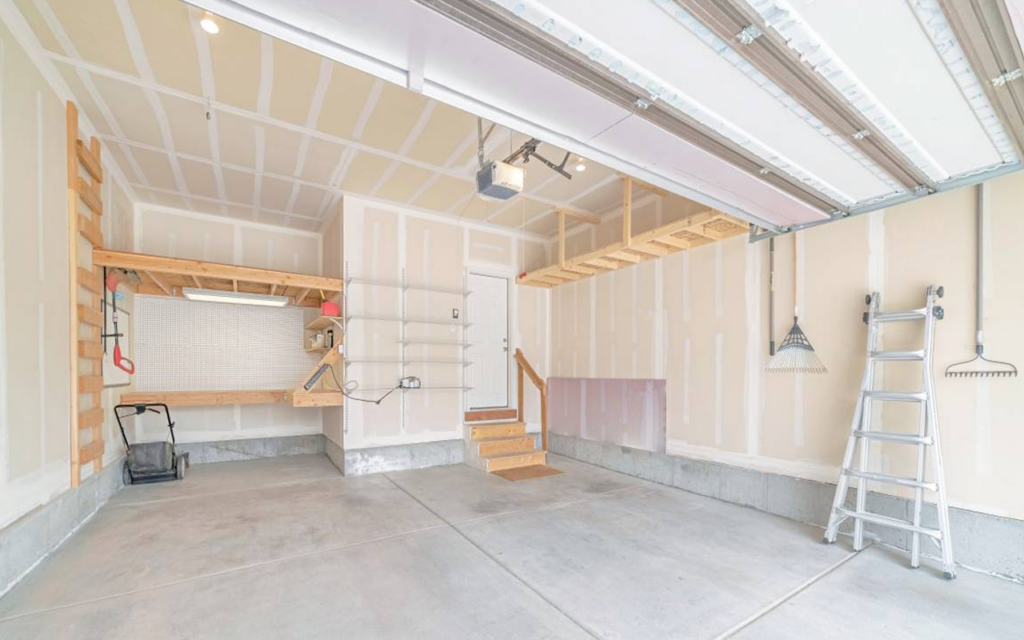
What’s in 99% of all homes and businesses across the country? If your answer was “gypsum board,” give yourself a pat on the back. Commonly known as drywall, it’s the premier building material for wall, ceiling, and partition systems in residential, institutional, and commercial structures.
Is it called a gypsum board or…
… drywall, or sheetrock, or plasterboard? No matter what you call it, it’s all relatively the same; a durable and lightweight product commonly found in residential and commercial properties for use on wall, ceiling, and partition systems.
If they’re all the same, what makes them different?
Great question! A gypsum plaster mixture makes up the core of every form of gypsum board product on the market. However it’s the different materials on the outside that are used to sandwich the plaster together. These include paper and fiberglass matting, creating a surface of the board that gives them their own properties for different uses around your home or office.
For example: When being installed in a bathroom, you’ll typically use a “purple” board that has mold and/or moisture-resistant properties. While boards installed between different rooms would have more sound-dampening qualities.
Are there any benefits of using drywall?
Yes!
Drywall has a list of excellent benefits for both consumers and contractors. It’s:
- Affordable
- Clean.
- Multipurpose
- Lightweight, durable and flexible characteristics.
- Mold & fire-resistant, insulating, and soundproofing material.
- Available with beveled edges for an eye-catching look.
If you want to maximize these qualities and extend the life of the board installed, you should always have them installed by a professional.
Don’t Guesstimate, Estimate!
When it’s time to estimate the cost of drywall for any project, a more accurate estimate means a more budget-friendly project.
Key things that need to be known for estimates:
- The size of the space—total square footage and height.
- Which type of drywall is going to be used?
- Level of finish being applied?
- The required tools.
- Labor costs? (If hiring a Drywall Contractor)
No matter if you hire a professional or do the work yourself, it’s best to consider speaking with a professional and getting an estimate so you can be sure you’re budgeting correctly. Perks of hiring a professional:
- Accurate Estimates: By offering a preliminary estimate of the materials required for a planned project, a smart drywall estimator can help save time and resources in addition to money on labor and material costs.
- Choosing the right type of drywall: Making the appropriate decisions about the correct drywall for the space can extend the lifespan of your walls and ceilings, as well as lower your long-term repair expenses.
- Don’t skimp: Keep in mind that these materials are best handled by a professional in order to ensure the best possible installation and finish of your drywall project. It also helps reduce any chances of costly repairs in the future.
Calculating the total cost?
The cost of drywall installation and finishing varies drastically based on the room and space that needs new drywall. Just like any other building material, the cost per sheet can vary due to size, thickness, and properties of the sheet being used. Some are mold-resistant for applications in wet areas like bathrooms and kitchens. Some are fire-resistant for applications between apartments and corridors.
For a general cost per drywall sheet see below:
- Different types of drywall sheets (standard size of 4’ x 8’)
- Standard ⅝’’: $14 – $20 per sheet
- Mold Resistant: $15 – $60 per sheet
- Moisture Resistant: $14 – $18 per sheet
- Fire resistant – $20 – $30 per sheet
- Sound dampening: $40 – $55 per sheet
- Installation of drywall: $999 – $9,499
- Depending on the type and size of the room
- Depending on the type and size of the room
- Drywall finishes: Cost per Sqft.
- Level 0: $0.85 – $1.90
- Level 1: $1.15 – $2.15
- Level 2: $1.30 – $2.60
- Level 3: $1.50 – $2.75
- Level 4: $1.70 – $3.20
- Level 5: $1.75 – $3.50
Knowing what type of drywall is needed and the total square footage of your project, you’ll be able to calculate the total cost more accurately. This is why hiring a professional drywall contractor can help. They typically provide a free estimate for your specific project based on your needs.
Let’s finish this wall!
The levels of finish for drywall are rated on a 0 to 5 scale, with level 5 being the highest quality. Each level requires more work than the previous to determine the overall final look of the wall.
Finish level 0:
- Typical Use: For garages, unfinished basements, or temporary construction
- Application Process: Drywall is hung with fasteners to the studs but not taped, mudded, or sanded.
- Approximate cost: $0.85 – $1.90 /sq.ft
Finish level 1:
- Typical Uses: In concealed areas like attics or areas where the walls are not typically visible.
- Application Process: Drywall is taped and coated with joint compound but no additional mudding or sanding is done.
- Approximate Costs: $1.15 – $2.15 /sq.ft
Finish level 2:
- Typical Uses: In warehouses, storage areas, or walls that will be covered in tile.
- Application Process: A thin coat of joint compound on the tape and drywall screw holes. This level of finish can provide an extra layer of moisture resistance.
- Approximate Costs: $1.30 – $2.60 /sq.ft.
Finish level 3:
- Typical Uses: For areas that are to receive a textured finish before the final paint coat, and/or wall coverings are to be applied as the final decoration.
- Application Process: One coat of joint compound on all joints and interior angles. Two coats of joint compound over all fastener heads and accessories, sanded to smooth finish free of tool marks and ridges.
- Approximate Costs: $1.50 – $2.75 /sq.ft.
Finish level 4:
- Typical uses: Prep walls for flat paint, a light texture, or a lightweight wall covering.
- Application Process: Same as level 3 but, with two coats of joint compound on the tape and three coats of joint compound over all fastener heads and accessories, sanded to smooth finish free of tool marks and ridges.
- Approximate Cost: $1.70 – $3.20 /sq.ft.
Finish level 5: This is the highest quality finish.
- Typical uses: On walls being prepared for a satin or glossy finish.
- Application Process: Same as level 4 plus a skim coat is applied to the entire surface and sanded smooth, making the joints virtually invisible
- Approximate Cost: $1.75 – $3.50 /sq.ft.
Doing it yourself or talking to a professional, it’s important to do your research, know the space, and find the right products for your next project.
We hope this helps keep your next drywall project budget-friendly!
